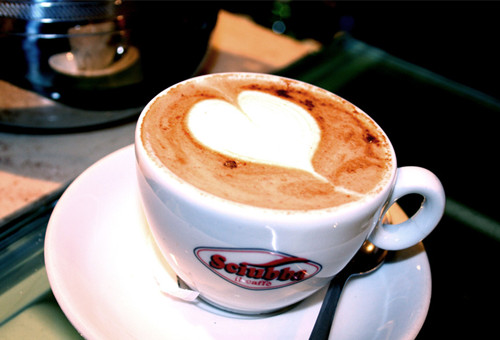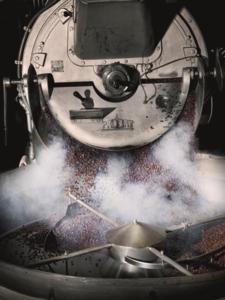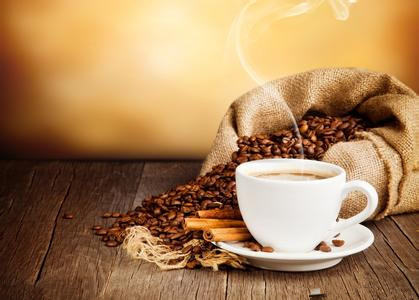Effects of various substances in Water on Coffee
Choosing the right water can make coffee completely release its unique flavor, and every chemical in the water may react with coffee beans, thus affecting its taste and flavor. understanding the possible effects of some common chemicals in water on the taste of coffee is helpful for us to choose the right water.

Magnesium
Too much magnesium will make the coffee look lighter.
Lead
Too much lead can make coffee more sour, astringent, and even lead poisoning.
Manganese
Manganese increases the bitterness of coffee.
Chrome
Chromium will make coffee astringent.
Nickel
Nickel makes coffee sour and has a metallic taste. Nickel in water usually dissolves into the water from the container in which the coffee is extracted or contained.
Silver
To produce the smell of metal, there is usually no silver in the water, and it is dissolved into the water on the utensils.
Zinc
It will produce a strange bitter taste. There is usually no zinc in the water, but there are still many places in China where tap pipes are made of zinc. Water quality is very important. In order to get a good cup of coffee, but also for our own health, we must use purified water to extract coffee. If you buy bottled water, it is best not to buy mineral water to make coffee. Pure water is the best choice.
Important Notice :
前街咖啡 FrontStreet Coffee has moved to new addredd:
FrontStreet Coffee Address: 315,Donghua East Road,GuangZhou
Tel:020 38364473
- Prev

Fancy Coffee Best Companion Dairy Selection
The earliest encounter between coffee and milk dates back to the 17th century AD. It is said that Turks generally suffer from lactose intolerance, so they never add milk to their coffee. Later, a Venetian named Johannes Diodato invented this method. He is also the inventor of the now famous croissant bread. There are many dairy products that can be paired with coffee on the market, mainly
- Next

The importance of Water to Coffee what is the best water to use for coffee
Just as water is important for making tea, it is also essential for extracting coffee. There are many kinds of water, which can be divided into: natural water, including spring water, river water, well water, lake water and Rain Water, which are generally not suitable for coffee extraction. Artificially treated water includes tap water, distilled water, purified water, ultra-pure water, softened water, etc., in which we make handmade utensils, such as siphon
Related
- Beginners will see the "Coffee pull flower" guide!
- What is the difference between ice blog purified milk and ordinary milk coffee?
- Why is the Philippines the largest producer of crops in Liberia?
- For coffee extraction, should the fine powder be retained?
- How does extracted espresso fill pressed powder? How much strength does it take to press the powder?
- How to make jasmine cold extract coffee? Is the jasmine + latte good?
- Will this little toy really make the coffee taste better? How does Lily Drip affect coffee extraction?
- Will the action of slapping the filter cup also affect coffee extraction?
- What's the difference between powder-to-water ratio and powder-to-liquid ratio?
- What is the Ethiopian local species? What does it have to do with Heirloom native species?

